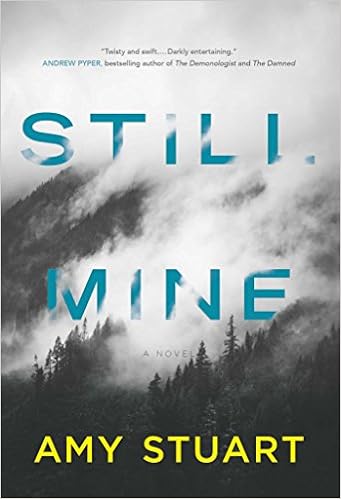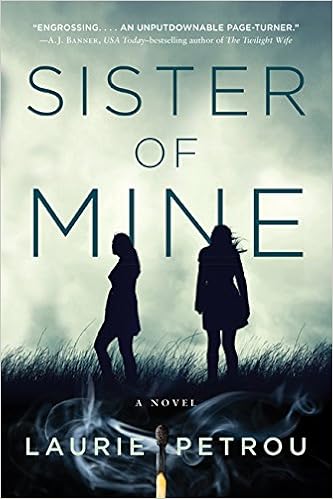 This book is the 2018 SD&G Reads selection and I read it in
preparation for the Meet the Author Event on October 18.
This book is the 2018 SD&G Reads selection and I read it in
preparation for the Meet the Author Event on October 18.
Alex MacAskill is an intelligent but extremely socially
awkward software engineer in Ottawa.
When his mother dies leaving him a cryptic clue, he discovers he has an
identical twin brother somewhere in the world.
He sets out to find him. His
journey takes him to London and Moscow but also becomes a journey of self-discovery
so he ends up finding himself as much as a family.
Alex is a very likeable character. He is devoted to his ailing mother and excels
at his job. He has a wicked sense of humour,
though it tends not to be expressed because he is very shy and finds social
interaction painful. He experienced a
very traumatic event a decade earlier and this caused him to retreat from life “physically,
emotionally, socially, and psychologically.”
He is a damaged soul but certainly a good guy for whom the reader will cheer.
Fallis is known for his humourous writings, having won two
Stephen Leacock Medals for Humour. This
book is not hilariously funny but I enjoyed Alex’s wicked wit which is
demonstrated in his internal monologues.
The difference between what he is thinking and what he actually says
provides a humourous contrast and has the reader wishing that Alex had the
courage to speak without censoring himself.
The novel does examine the long-term impact of cyber bullying so it is
understandable that the tone is more serious in sections.
I appreciated that the book is unabashedly Canadian. Since I lived in Ottawa for four years and
still reside in the area, I’m familiar with the locations he mentions. And there is no shortage of Canadiana,
including the famous 1972 Summit Series.
There are some issues I have with the book. There is no real conflict; Alex faces few obstacles
in his search and everything goes just so smoothly. Occasionally, there is too much
explaining: the repeated discussions of
social license, for example, are unnecessary.
The ending is predictable and certainly a feel-good ending with all plot
lines nicely tied up and the good being rewarded and the bad being
punished. This seems just too tidy. Some of the characters are just too far on
one end or the other of the good-evil spectrum.
The characterization of Simone, a super-diva like the boss in The Devil Wears Prada, is just
over-the-top. And then there are the so
many super nice people.
There are some things that are just not credible. Alex never asked his mother about his
father? He dropped drama in Grade 10 but
is able to use “the acting side of [his] experience” to coach Matt “on his
energy, inflection, gesturing, pacing, body language, movement, and eye contact”
– this latter element from someone who cannot maintain eye contact with a
stranger? He suffers from debilitating
shyness yet is offered a leadership position which requires interaction with
many people? Alex never wanted those responsible
for his humiliation to be punished or to suffer in the least? I understand the power of forgiveness but
Alex forgives someone who is utterly unrepentant. He is so obsessed with a girl in a red dress
that the reader expects something dramatic to occur; what happens, or doesn’t
happen, just feels like a let-down.
Despite these flaws, the book is amusing. It is brisk, undemanding, and entertaining –
perfect for a summer read.





